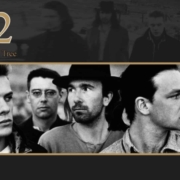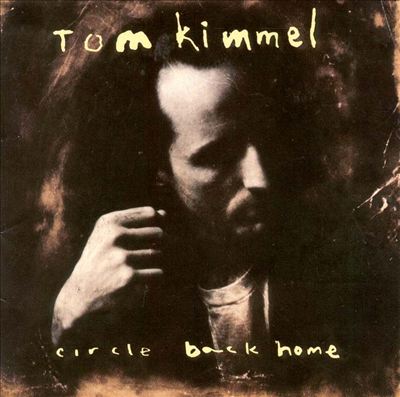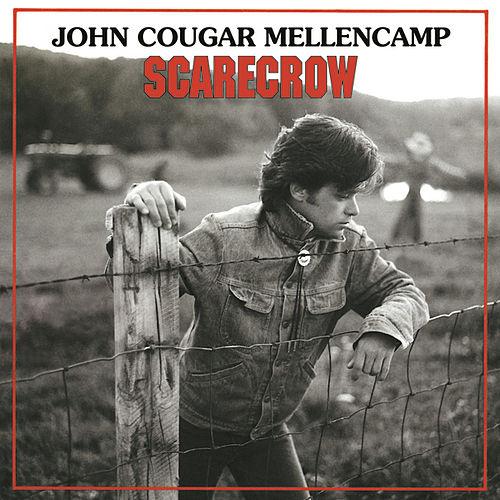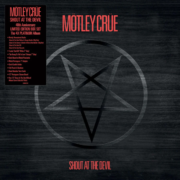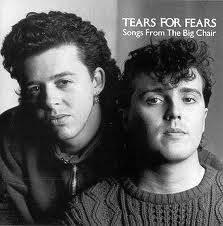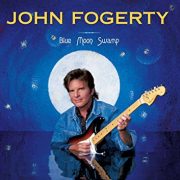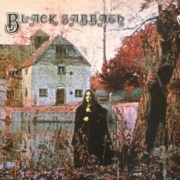U2- The Joshua Tree- Bono, The Edge
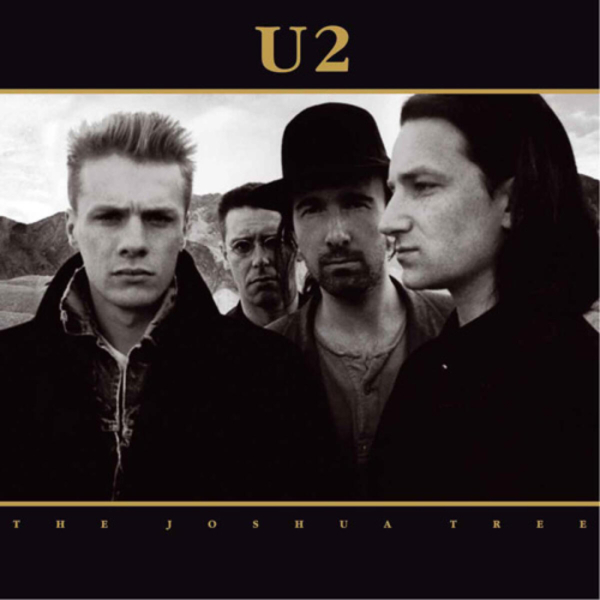 U2’s The Joshua Tree, the 1987 Grammy Album of the Year, was as complete a musical statement as anything released in the Eighties. In 1980 the Dublin quartet became apparent with the song “I Will Follow” from their debut, Boy. With their third, War in early 1983, U2 became significant to a growing international fan base horrified by the senseless sectarian slaughter of innocents in the band’s native Ireland. With the anthemic song “Pride (In the Name of Love)” in 1984, U2 was elevated to being important musical messengers of change, marked by Summer 1985’s global Live Aid event and the “Conspiracy of Hope Tour” to benefit Amnesty International.
U2’s The Joshua Tree, the 1987 Grammy Album of the Year, was as complete a musical statement as anything released in the Eighties. In 1980 the Dublin quartet became apparent with the song “I Will Follow” from their debut, Boy. With their third, War in early 1983, U2 became significant to a growing international fan base horrified by the senseless sectarian slaughter of innocents in the band’s native Ireland. With the anthemic song “Pride (In the Name of Love)” in 1984, U2 was elevated to being important musical messengers of change, marked by Summer 1985’s global Live Aid event and the “Conspiracy of Hope Tour” to benefit Amnesty International. 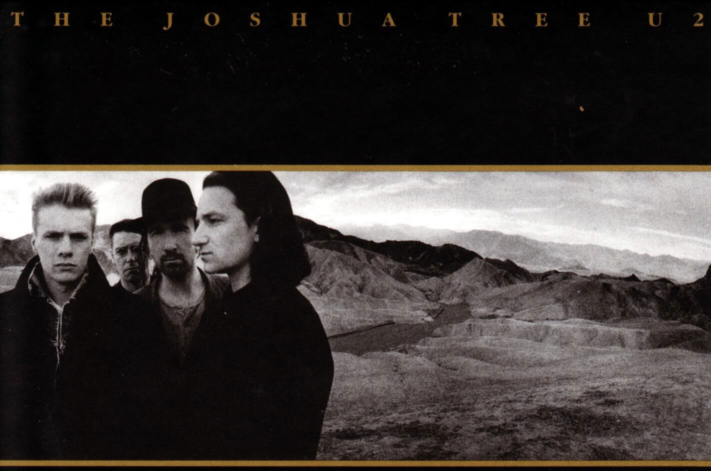 Following the release of March 1987’s The Joshua Tree and subsequent world tour, U2 became recognized as the most popular band in the world then. In the Studio Bono and The Edge scan the horizon from their often precarious perch atop rock history.
Following the release of March 1987’s The Joshua Tree and subsequent world tour, U2 became recognized as the most popular band in the world then. In the Studio Bono and The Edge scan the horizon from their often precarious perch atop rock history.
As so often is the case, the contradictions to the the highly-touted American Dream may have been identified first by those non-Americans who admired its promise the most, according to U2 singer/lyricist Bono.
“We had this love affair with the country, but at the same time we could see that this dream that we’d all bought into was really starting to fray at the edges. And we could see that the Big Ideas of America were being shrunk by the minute. And we could see after Viet Nam (War) and Watergate, and now they were beating up Nicaragua and El Salvador. It was all getting a bit sour,” Bono recalls about the Reagan-era US foreign policy. “And that’s why, for The Joshua Tree, we chose a desert as that image, because this place that we loved, that’s what it had turned into in the ’80s. Right in the middle of its most successful time on Wall Street when people were shoveling whole countries up their noses and there was this vast material wealth, it seemed like a desert to us.” –Redbeard

